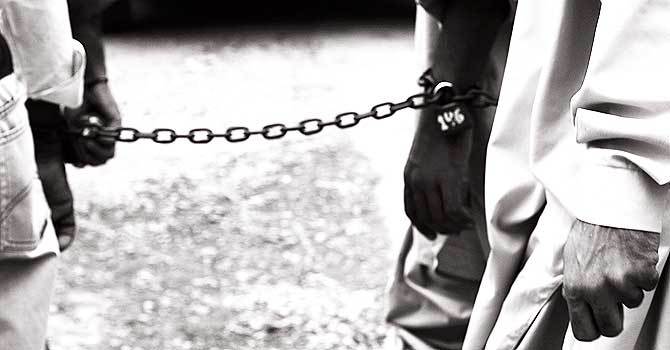KABUL/ISLAMABAD: Once a ruthless fighter and a friend of Taliban leader Mullah Mohammad Omar, Abdul Ghani Baradar may now hold the key to Afghanistan's peace — or so his minders believe.
The former Taliban second-in-command was captured in Pakistan in 2010 and has since emerged as a figure Afghanistan and Pakistan believe could help persuade his former comrades to lay down their weapons and engage in peace talks.
Pakistan announced this week that it would free Baradar as early as this month. Sources in Pakistan and Afghanistan said he could be sent to another country, possibly Saudi Arabia or Turkey, to prepare him for the mission.
Even before his detention, Baradar was known as a pragmatic and level-headed operator who had once reached out to Kabul seeking a peace settlement, according to Afghan officials.
But critics say his years in Pakistani detention may have eroded his sway over the fast evolving insurgency, and there are doubts over whether Mullah Omar would agree to talk to his former protegee in the first place.
“He won't be able to mediate because he has lost his influence during his time in prison,” said Ahmad Zia Massoud, a former vice president whose brother, guerrilla leader Ahmad Shah Massoud, was killed by Al Qaeda militants two days before the September 11, 2001, attacks.
“Unless there is a comprehensive plan to negotiate peace with Mullah Omar, one person won't be able to do anything.”
Afghanistan sees Baradar as a sensible and down-to-earth negotiator willing to act as a go-between for the Kabul government and the Taliban leadership council, the Quetta Shura.
One of the founders of the Taliban movement, Baradar is ethnic Pashtun and belongs to the same powerful Popalzai subtribe as Karzai — a factor that could lend credibility to Karzai's own peace efforts among Pashtuns, Afghanistan's biggest ethnic group.
Baradar, who is in his 40s, also belongs to the older generation of mujahedeen fighters who are less ideologically extreme compared with a younger, more violent crop of insurgents with closer links to Al Qaeda.
Baradar's friendship with Mullah Omar goes back to the 1980s when the two fought side by side against the Soviets — a decade-long war during which Mullah Omar famously lost his eye.
It was Mullah Omar who gave Baradar his nom de guerre, which means “brother”. Later they married a pair of sisters, analysts say. Some Afghan politicians said he still enjoyed much support among his former comrades in arms.
“He is a highly influential figure among Pashtuns in the south who is capable of helping us with the peace process,” said Shahzada Shahid, a senior member of Afghan High Peace Council.
“Many Taliban commanders fought under him,” Shahid said, adding that he should be able to encourage many fighters to stop fighting.
Friend of foe?
After the 2001 invasion of Afghanistan by US-led forces, Baradar emerged as the main day-to-day commander responsible for leading the campaign against them, planning offensives and bomb attacks.
Later, he secretly tried to explore the possibility of peace with Kabul, holding two meetings with Karzai's now late brother in Kandahar, Afghan officials said. He was eventually captured in a joint CIA-Pakistani intelligence operation in Karachi.
Afghan officials at the time suspected Pakistan had detained Baradar because it thought he was trying to negotiate a peace deal without involving Islamabad.
Pakistani minders have since shuttled Baradar from one safe house to another — and there are concerns whether Mullah Omar would agree to listen to him after years of absence.
“The Taliban's policy is clear: whoever is detained is immediately expelled from the movement,” said Rustam Shah Mohmand, Pakistan's former ambassador to Afghanistan.
“By detaining him, Pakistan made him completely irrelevant.”
And yet Baradar's involvement gives a glimmer of hope that peace negotiations might restart after US-backed efforts to establish a Taliban office in Qatar collapsed in June.
“The release of Mullah Baradar would mean that serious negotiations are going on,” said one diplomat in Islamabad.
“For them to release Baradar I would expect an agreement would have been reached about the start of the talks and the agenda of the meetings.”
Pakistan and Afghan sources say that Baradar might be sent to Saudi Arabia or Turkey to prepare for his mission and explore the possibility of setting up a new Taliban office there.
“We are still working out the modalities but everyone agrees that the ideal scenario would be to move Baradar to a neutral third country,” said a Pakistani foreign ministry official.
“Turkey, Saudi or Doha, those are of course the options. Saudi is looking more and more likely. The Taliban want to set up their political office there now.”














































